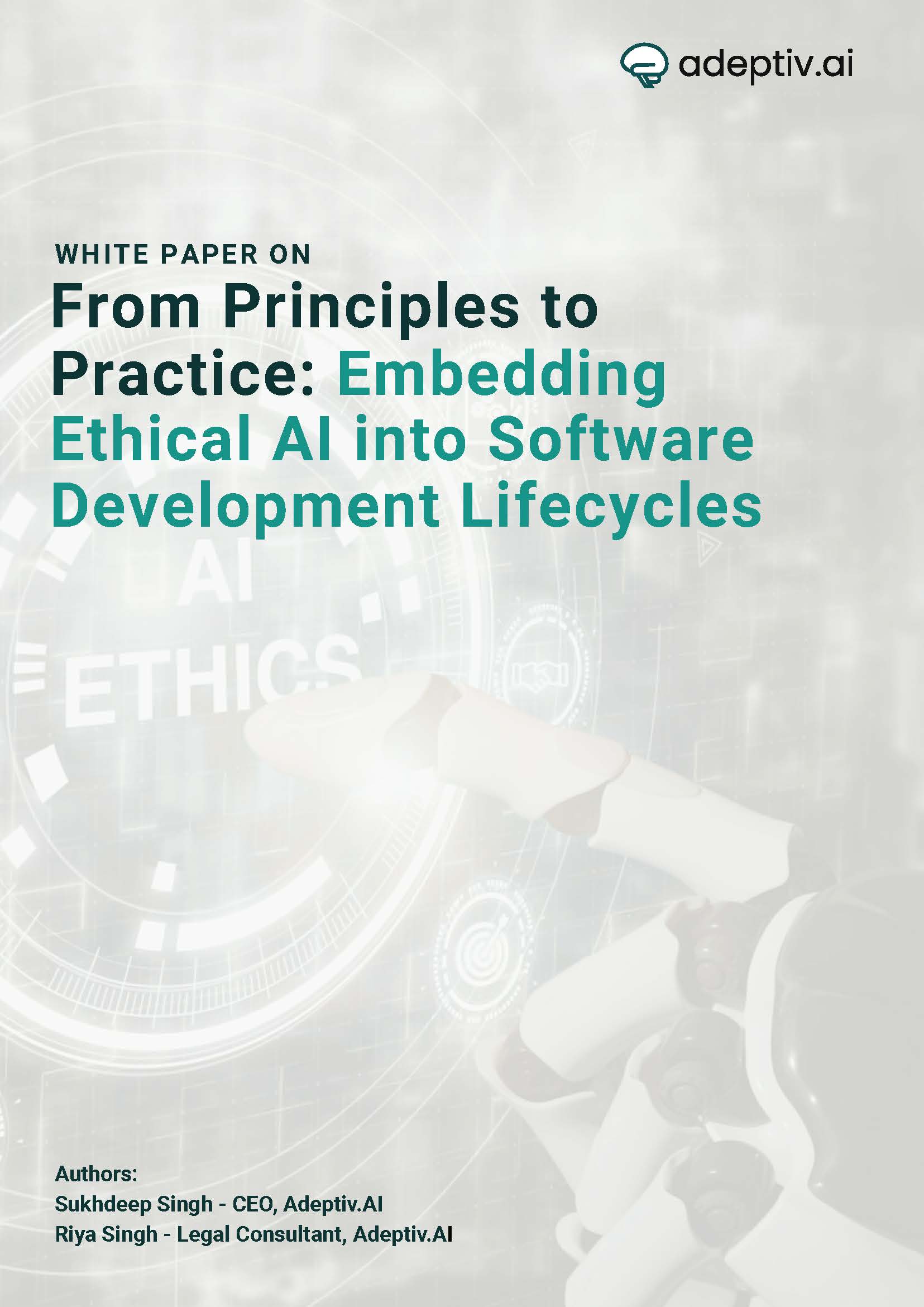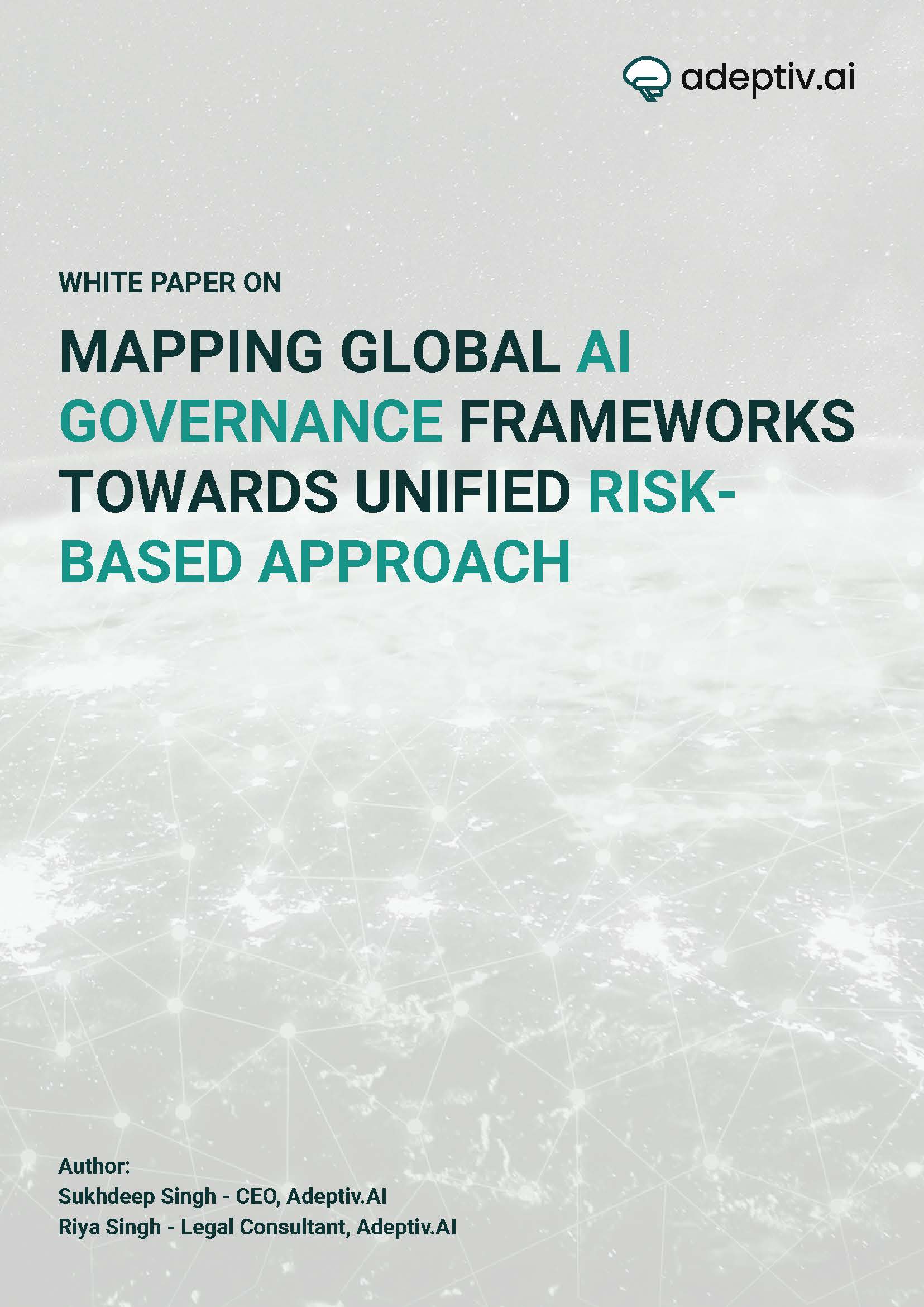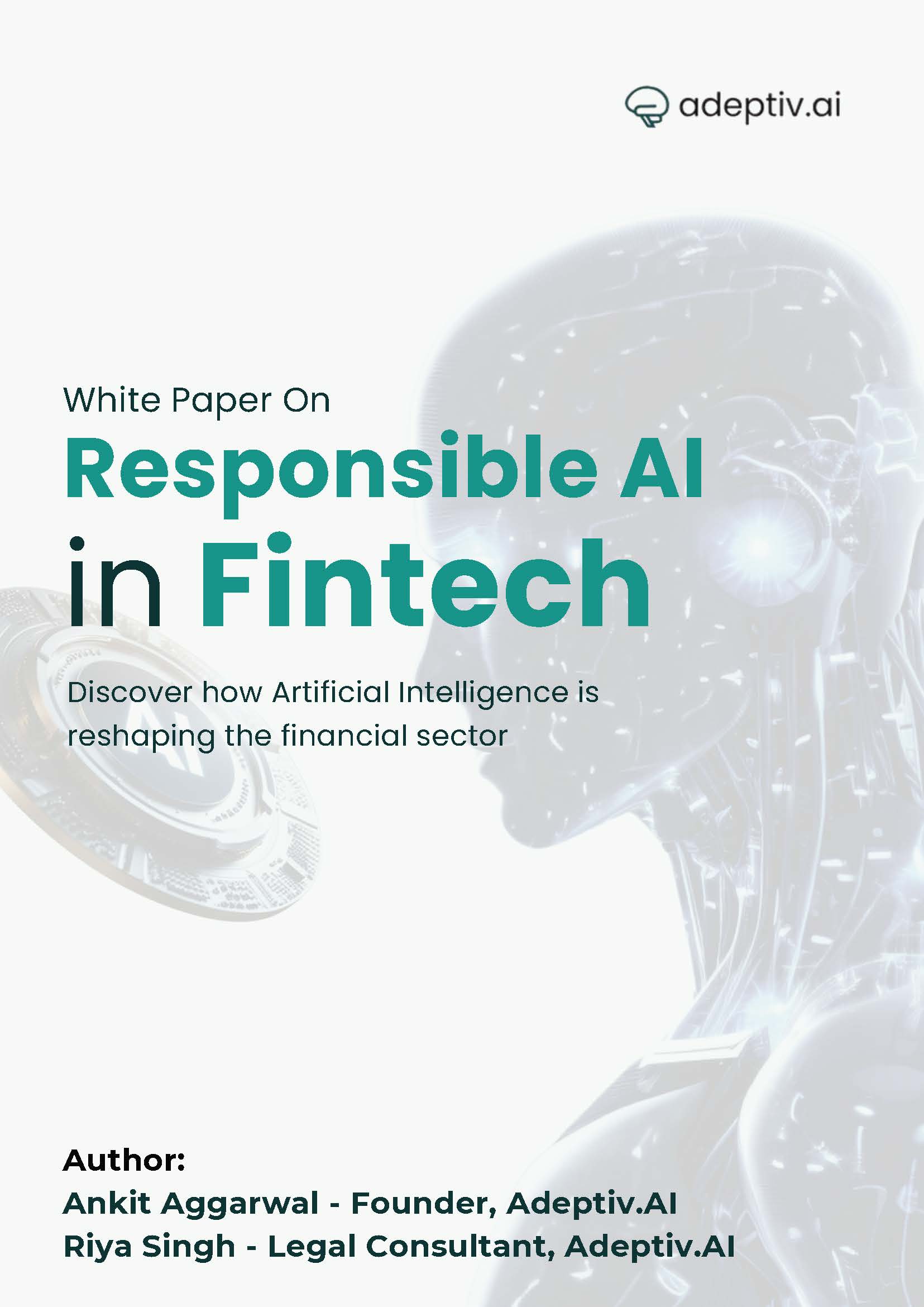At a Glance
This blog explains what AI governance tools are and why they are essential for AI governance & ethics. You’ll learn:
- What AI platforms for compliance do: features like risk assessment, explainability, bias detection.
- How these tools map to frameworks such as ISO 42001, NIST AI RMF, and the EU AI Act.
- Real examples of AI governance tools (OneTrust, IBM Watson OpenScale, Microsoft Responsible AI Toolkit, etc.).
- A step-by-step compliance journey using AI governance tools.
- How organizations reduce cost, risk, and reputational damage via structured governance.
Introduction
The explosive growth of AI across all sectors has led to unprecedented innovation — but also an urgent need for robust governance. As regulations like the EU AI Act, ISO 42001, and frameworks such as NIST AI Risk Management Framework (RMF) gain momentum globally, businesses must adopt tools that ensure AI compliance, fairness, transparency, accountability, and security.
AI governance tools serve as critical enablers, integrating ethics into the development, operation, and oversight of AI systems. This essay explores what these tools do, showcases real examples, and outlines a compliance journey for enterprises.
What Are AI Governance Tools?
AI governance tools are software platforms or modules that support organizations in implementing effective AI governance frameworks. They often include modules for:
- Risk Classification & Inventory — cataloguing AI systems and classifying by impact (low, medium, high risk).
- Bias Detection & Explainability (XAI) — identifying biased outputs and making decisions traceable.
- Automated Risk & Impact Assessment — measuring potential harms before deployment.
- Monitoring, Alerting & Audit Logging — tracking model behavior in production and maintaining records.
- Policy Templates & Compliance Mapping — aligning with regulations like EU AI Act, ISO 42001, privacy laws, etc.
Real-World Tools Leading the Market
Here are some platforms that exemplify excellence in AI governance & ethics and AI compliance:
| Tool | Key Strengths | Example Use Case |
| OneTrust AI Governance | Strong privacy & vendor risk management, compliance templates, model inventory, audit readiness | Used by enterprises to ensure third-party AI tools comply with internal privacy and global data protection rules. |
| IBM Watson OpenScale | Bias detection, explainable AI dashboards, continuous monitoring, model lineage features | Deployed in financial services to monitor credit scoring models, ensuring fairness and regulatory readiness. |
| Microsoft Responsible AI Toolkit | Checklist-based compliance, guidance on transparency, safety tools, fairness evaluation | Used across various companies building ML pipelines to ensure responsible development from design to deployment. |
| Fiddler AI | Real-time explainability, model drift detection, human-in-loop oversight | Helpful for health tech or customer service platforms where consistency and trust matter. |
| H2O.ai’s MLOps + Driverless AI | Automates model lifecycle, provides evidence of model behavior, supports audit dashboards | Suitable for enterprises wanting to scale AI while preserving governance control. |
These tools help bridge the gap between ethical principles and operational compliance across industries.
The Compliance Journey: Step-by-Step
An organization can follow this journey using AI governance tools to ensure compliance and ethical AI deployment:
1. Understand Regulatory Landscape & Build AI Inventory
- Identify which laws/regulations apply: EU AI Act, GDPR, HIPAA, sector-specific standards.
- Inventory all AI systems in use — internal, experimental, and vendor-supplied (shadow AI).
- Classify each by risk: high-impact systems may require stricter controls (e.g. explainability, human oversight).
2. Risk Assessment & Impact Analysis
- Use tools to simulate various scenarios: is the data balanced? Are certain demographics underserved?
- Perform bias tests, transparency checks. Tools like IBM Watson or Fiddler help automate these assessments.
- Document risk levels and expected mitigation paths.
3. Policy Development & Framework Implementation
- Adopt or adapt frameworks like ISO 42001, NIST AI RMF, EU AI Act obligations.
- Embed internal policies for fairness, data privacy, accountability, roles/responsibilities.
- Use governance tools that come with prebuilt policy templates aligned with these standards.
4. Data Governance & Privacy by Design
- Ensure data used for AI is collected ethically, with appropriate consent and anonymization.
- Track data lineage—who accessed data, when, any transformations applied.
- Use encryption, secure access controls. Tools like OneTrust strongly support vendor and privacy risk tracking.
5. Monitoring, Logging & Auditing
- Continuously monitor model performance for drift, bias change, and error rates.
- Maintain logs of decisions, model versions, data changes.
- Set up alerts for anomalies, and schedule periodic external audits for compliance validation.
6. Documentation & Reporting
- Generate model cards, datasheets, impact assessments, risk mitigation reports.
- Store documentation centrally in the governance platform.
- Be ready to produce evidence for regulators or internal stakeholders.
7. Training & Education
- Educate development, legal, and compliance teams about AI governance tools, responsible AI, ethics.
- Ensure those working with tools know how to interpret outputs (e.g. bias test results, explainability dashboards).
- Use transparent frameworks to foster shared understanding of AI responsibilities.
8. Vendor Risk Management
- Vet AI vendors for compliance readiness. Demand documentation, third-party risk assessments.
- Include vendors in your AI inventory.
- Ensure vendor tools used by your organization align with your AI governance framework and ethical standards.
Why This Matters: Cost, Trust, Operational Efficiency
- Cost Savings & Risk Mitigation: Non-compliance can lead to costly fines (e.g. EU AI Act penalties up to 7% of global turnover) and legal defense costs.
- Reputation & Trust: Data breaches, algorithmic biases, or opaque AI decisions erode customer loyalty. Ethical AI builds brand differentiation.
- Operational Efficiency: Governance tools reduce manual overhead—reviewing, auditing, and reporting become automated.
- Scalable Innovation: With compliance built-in, businesses can invest in AI technologies without fear of regulatory backlash.
Emerging Trends & Best Practices
- Pre-integrated regulatory modules: Tools are now including built-in mapping to regulations like EU AI Act, ISO 42001.
- Explainability & interpretability becoming baseline requirements rather than “nice to have.”
- Continuous auditing & external verification moving into norms for high-risk AI systems.
- Shadow AI visibility: Tools are adding features to discover and monitor AI systems deployed outside IT or governance oversight.
Conclusion
In 2025 and beyond, AI governance tools are no longer optional components—they’re essential infrastructure. By selecting the right platforms (such as OneTrust, IBM Watson OpenScale, Fiddler AI), aligning processes to frameworks like ISO 42001 and NIST AI RMF, and embedding Responsible AI principles into every stage of development, organizations can achieve compliance, manage risk, and drive innovation sustainably.
A structured approach does more than avoid fines—it builds trust, operational resilience, and long-term competitive advantage. With the right tools and frameworks, AI can fulfill its promise—not just of technological power, but of ethical, compliant, and people-centered progress.
FAQ’S
Q1: What is the difference between AI governance and Responsible AI?
Responsible AI is about ethical principles—fairness, transparency, accountability. AI governance is the framework, policies, tooling, and oversight that make those principles real in practice.
Q2: Do I need a full governance tool if my AI use is small or experimental?
Yes. Even small experimental models benefit from inventory, basic documentation, and bias testing. Starting early avoids costly rework later.
Q3: Which tools are best for bias detection and explainability?
Tools like IBM Watson OpenScale, Fiddler AI, and Microsoft’s Responsible AI Toolkit offer strong bias detection, XAI dashboards, and performance monitoring.
Q4: How does ISO 42001 tie into AI governance tools?
ISO 42001 provides a management-system standard for AI. Governance tools can help you align controls, evidence, policies, and auditing required under this standard.
Q5: How often should governance tools run audits or reviews?
High- or medium-risk AI systems should be audited at least annually or upon major changes. Continuous monitoring and real-time alerts are best practices for all production models.



